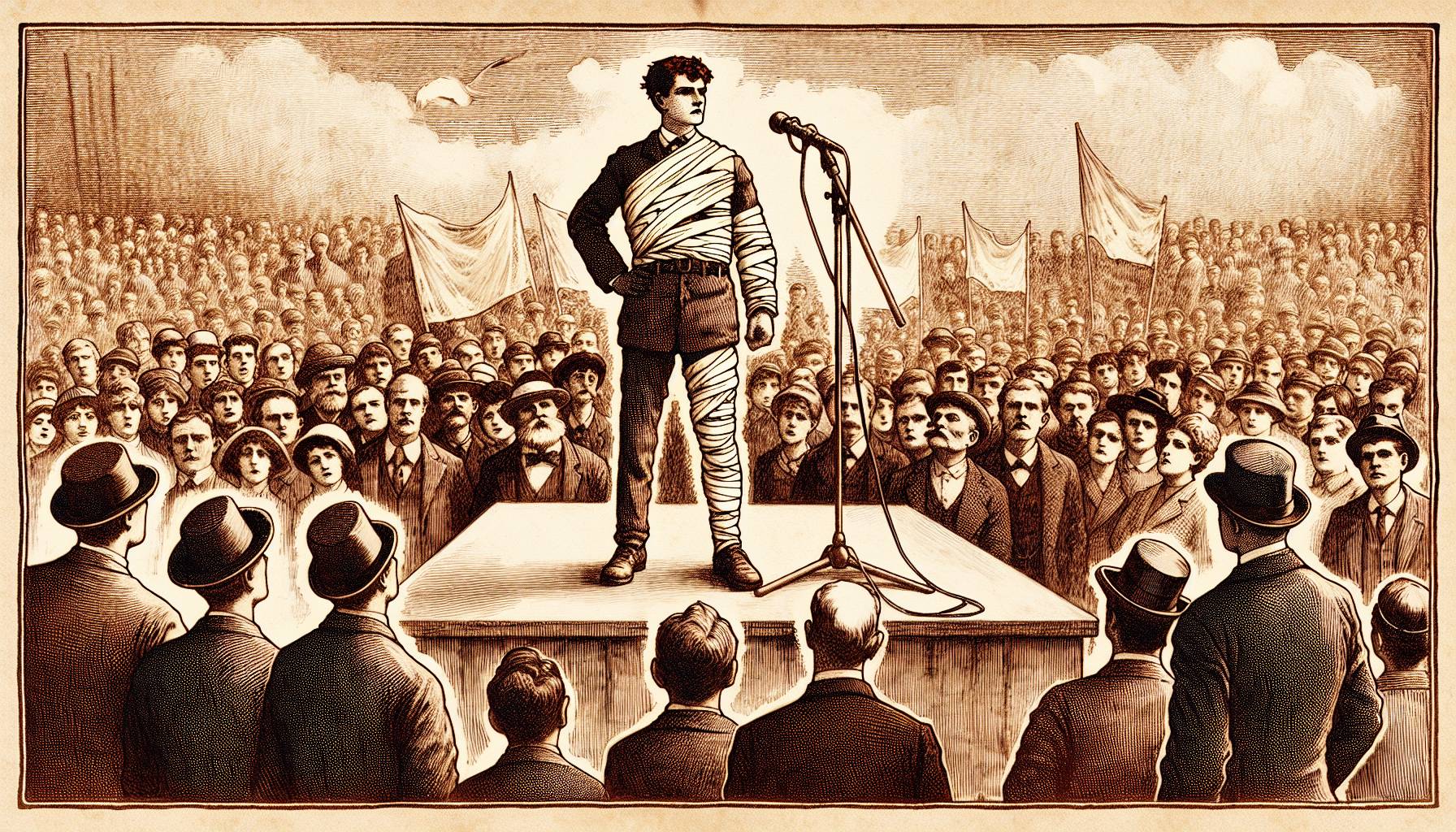The key to success without stress is in how you deal with it. Here are nine scientifically proven pathways for overcoming and finding peace.
It’s hard to be a professional nowadays without experiencing frequent bouts of acute stress. Success without stress seems like an impossible task. However, here are nine scientifically proven ways for overcoming stress and finding peace even while pursuing success.
1. Be Kind to Yourself
Self-compassion is essentially leniency. To accept your mistakes or failures with compassion and understanding — without harsh criticism or defensiveness. Self-compassionate people are happier, more optimistic, and less worried and depressed. Surprisingly, they are also more successful.
Most of us think we need to be hard on ourselves to do well, but that’s completely false.
Self-compassion can help you cope with challenging situations and enhance your performance by allowing you to learn from your mistakes.
2. Keep In Mind the Big Picture
Anything you desire or need can be thought of in multiple ways. Making connections between tiny actions and larger meanings or purposes may be tremendously invigorating in times of stress and hardship.
3. Use Routines
Most people would name deadlines, a heavy workload, bureaucracy, or a bad supervisor as primary sources of workplace stress. However, every time you make a decision — whether it’s about scheduling a meeting with your boss, hiring a new employee, or whether to cook an egg salad sandwich on rye or whole wheat – you generate stress.
Routines, on the other hand, can help you limit the number of decisions you need to make. If you have to do something every day, do it at the same time. Have a morning routine and a night routine. Simple habits can significantly alleviate stress.
4. Do Something Interesting
Recent research demonstrates that interest not only keeps you going but also recharges your energy. Then that renewed enthusiasm feeds into your next action. Make an effort to spend 5 or 10 minutes a day doing something interesting.
Keep in mind these two vital points:
- Taking a lunch break can be soothing and relaxing if the food is good. However, it won’t be interesting unless you eat at the coolest new restaurant. Therefore it won’t re-energize you.
- Interesting does not imply ease. Even when the intriguing task was difficult and required effort, the same tests revealed that curiosity replenished energy. Therefore, you don’t necessarily have to slow down to refill your tank.
5. Write Down Where and When
Do you keep a list? Do you ever go a day or a week (or even longer) without checking off anything? Find a way to finish what you start quickly. This is called if-then planning or “implementation intentions” in psychology.
This type of planning can help you reach any objective. Nearly 200 studies on topics ranging from diet and fitness to negotiating and time management have shown that planning ahead of time can double or triple the likelihood of completing a job. For example, “If it is 10 am, then I will return all calls that must be answered today.”
Therefore, give each item on your to-do list a particular time and place. For example, “Remember to call Bob” becomes “I’ll call Bob on Tuesday after lunch.” Your unconscious brain will start monitoring the environment, looking for the situation in the “if” component of your plan. This allows you to make essential calls even when you are busy doing other things.
What better approach to reduce stress than to mark items off your to-do list?
6. Practice Positive Self-Talk
If-then plans can also remove stress by focusing on the symptoms rather than the causes. These plans can help us control our emotional reactions to circumstances where we feel fear, exhaustion, doubt, sadness, or disgust. Therefore, make a plan that links your potential response to the conditions that are likely to cause stress. For example, “I will remain calm and at peace if I receive a large number of emails,” or “I will remain calm if a deadline approaches.”
7. Focus On Progress Not Perfection
We all approach our goals with one of two mindsets. The first is the Be-Good attitude, which focuses on showing your ability and knowledge. The second is the Get-Better mindset, which focuses on improving your ability and learning new abilities. It’s the difference between trying to prove your intelligence versus wanting to learn more.
Be-Gooders aspire to be perfect right away, and they continuously and unconsciously compare themselves to others to see how they “measure up.” Therefore, when things don’t go smoothly, they start doubting their abilities. This, in turn, causes worry and anxiety. Further, worrying about your ability makes you more likely to fail.
A Get-Better perspective, on the other hand, focuses on self-evaluation and growth. They want to know how they compare to yesterday or last year. Furthermore, they feel less stressed and keep motivated despite setbacks. They do this by thinking of what they are doing as a matter of growing and learning.
8. Reflect on Previous Achievements
Making progress in meaningful work is the most significant factor that can increase motivation, emotions, and perceptions during the workday. The Progress Principle proposes that it is the “small wins” that keep us going. This is especially true when facing pressures.
Psychologically, the rate at which we close the gap between where we are now and where we want to go impacts how we feel. It might be really beneficial to pause and reflect on your achievements before moving on to the next difficulties.
9. Find Out if You’re an Optimist or a Pessimist
When we try to achieve our goals using tactics that don’t seem right or that don’t match with our own motivational style we unknowingly add to the tension. So, does “staying positive” work for you?
Some people see their employment as an opportunity for promotion. In other words, they have a promotion focus. Others value employment security, not losing their positions. This prevention approach emphasizes performing obligations, avoiding risk, and doing what feels right.
It helps us understand why people operate so differently to achieve the same goal. Optimism fuels and sustains promotion motivation. Believing in a positive outcome is vital for promotion-focused performance.
A protective pessimism, on the other hand, motivates prevention motivation. In other words, those who are proactive operate best when they consider what could go wrong and what they can do to prevent it.
Simply choose between a bright perspective or a hearty skepticism to reduce stress and keep you operating at your best.
Image Credit: Mikhail Nilov; Pexels; Thank you!













